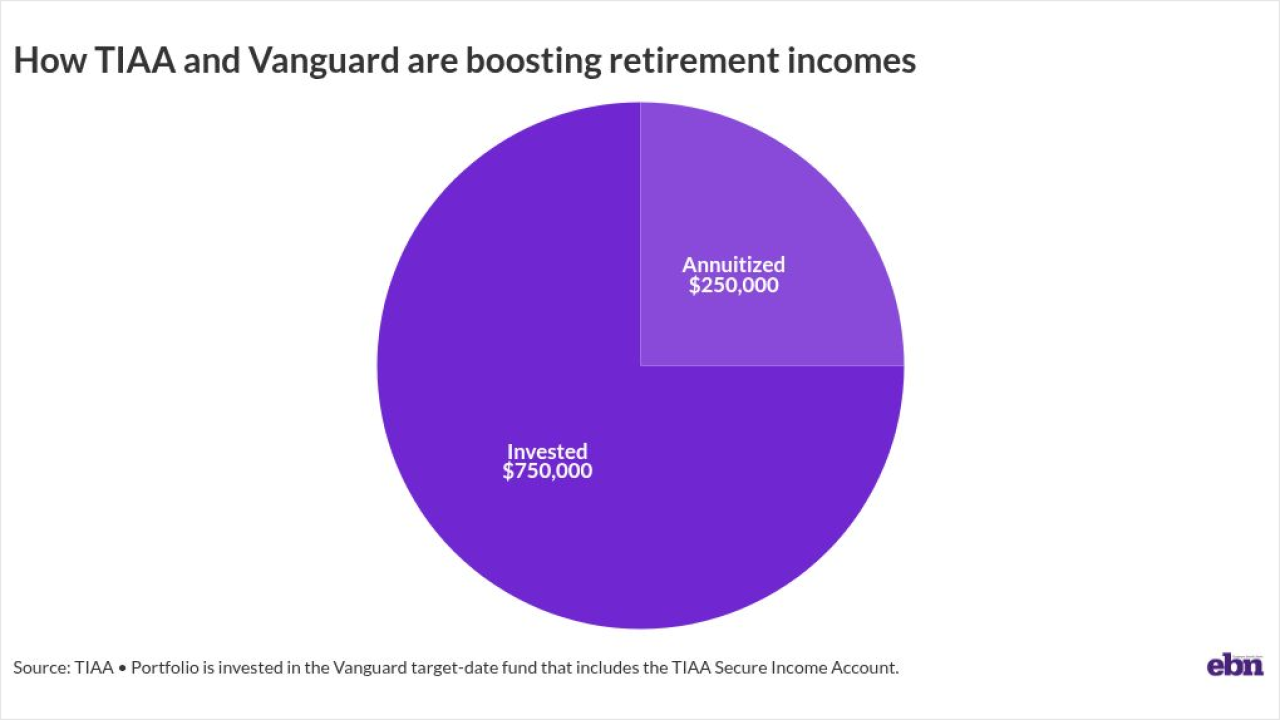For the uninitiated, blockchain is a decentralized system that allows encrypted information to be shared. The data cannot be modified, and the blockchain technology it sits on acts as a ledger, keeping track of what is added. Although cryptocurrency is often most closely associated with blockchain, industry uses are endless. Fashion companies will be able to tell in real time if a leather jacket they produced for cold weather is only worn above 50 degrees. Patients will be able to hold their electronic health records and give access to providers, not the other way around. Likewise, HR departments will no longer need an official transcript from recent college graduates; blockchain can validate if the former student received their diploma at that institution. Jeff Mike, vice president and human resources research leader at Bersin, Deloitte Consulting LLP spoke with Employee Benefit News about what HR executives need to know about this emerging technology.
Employee Benefit News: Who are the major blockchain vendors in HR? What are utilization rates like?

Jeff Mike: Since blockchain is early in the development cycle as far as HR applications go, there are a number of startups working on the application of the technology in HR. In addition, a number of the main human capital management and payroll providers have started to look into the blockchain applications as part of their long-term strategy.
EBN: HR is notorious for being slow to adopt technologies.
Mike: It’s likely that HR will need to embrace a new mindset with regards to decentralized records as the financial and health care ecosystems increasingly adopt blockchain technology. Whether it’s blockchain or another technology, the notion of decentralized ledgers and increased individual control of data is here to stay, especially with
EBN: Likewise, are recruiters leaning in? Who within the HR space is leading the charge to blockchain?
Mike: One of the earliest applications of blockchain in HR is in the verification of credentials, education and backgrounds. Naturally this applies to recruitment, so there is a lot of discussion about blockchain in talent acquisition.
EBN: As individuals move around and continually job hunt, will blockchain signal to HR that their employees are making moves? I imagine Company A would want verification through blockchain that a prospective candidate really did get that job certification through Company B, causing some lack of privacy for the jobseeker.
Mike: I’m not sure exactly how the technology would track current employment. I suspect that an individual’s private record would contain current employment information for purposes of payroll and benefits. The idea behind blockchain is that the individual “owns” the record so there would be no reason to contact the employer for verification once the ledger entry has been made. I recommend checking with someone who has a deeper knowledge of the technology to verify this particular implication.
EBN: Are employers asking about blockchain, or are vendors trying to sell it? What does the space look like?
Mike: I’m seeing more inquiries from employers trying to get ahead of the curve (as well as analysts trying to capture
EBN: What are the implications of HR departments using blockchain? Will it replace HCM systems or integrate with them?
Mike: Right now the potential applications are broad, though again it’s important to be pragmatic about them and not overhype the technology before it’s ready. Blockchain offers the potential for a more secure, verifiable digital identity that is owned by the individual rather than an organization. Any application that involves a centralized database record could be affected by blockchain, from core human capital management, to payroll, to talent management and wellness and benefits. Given the progress in development of blockchain in financial transaction applications, it’s likely that payroll-related activities and verification of credentials and background will be the early applications.





